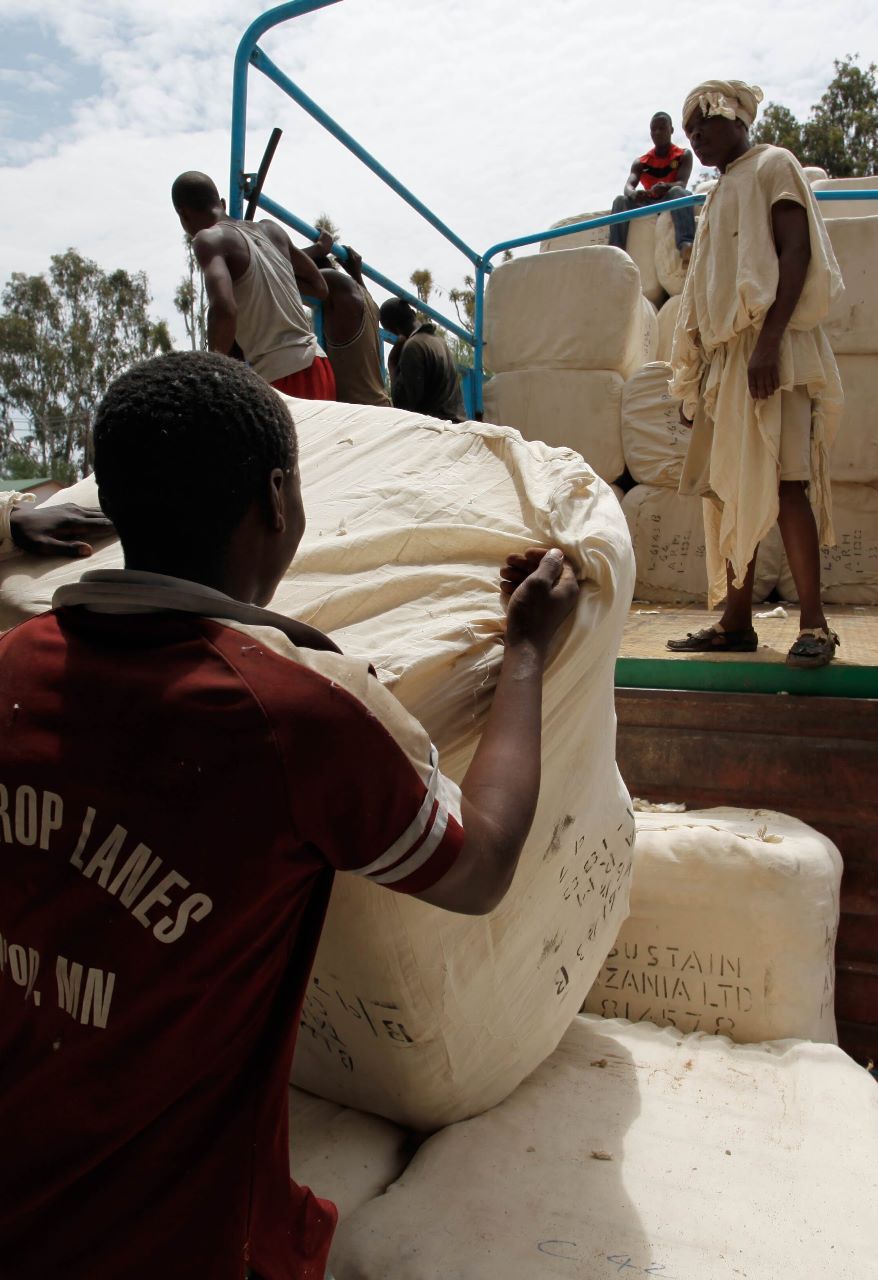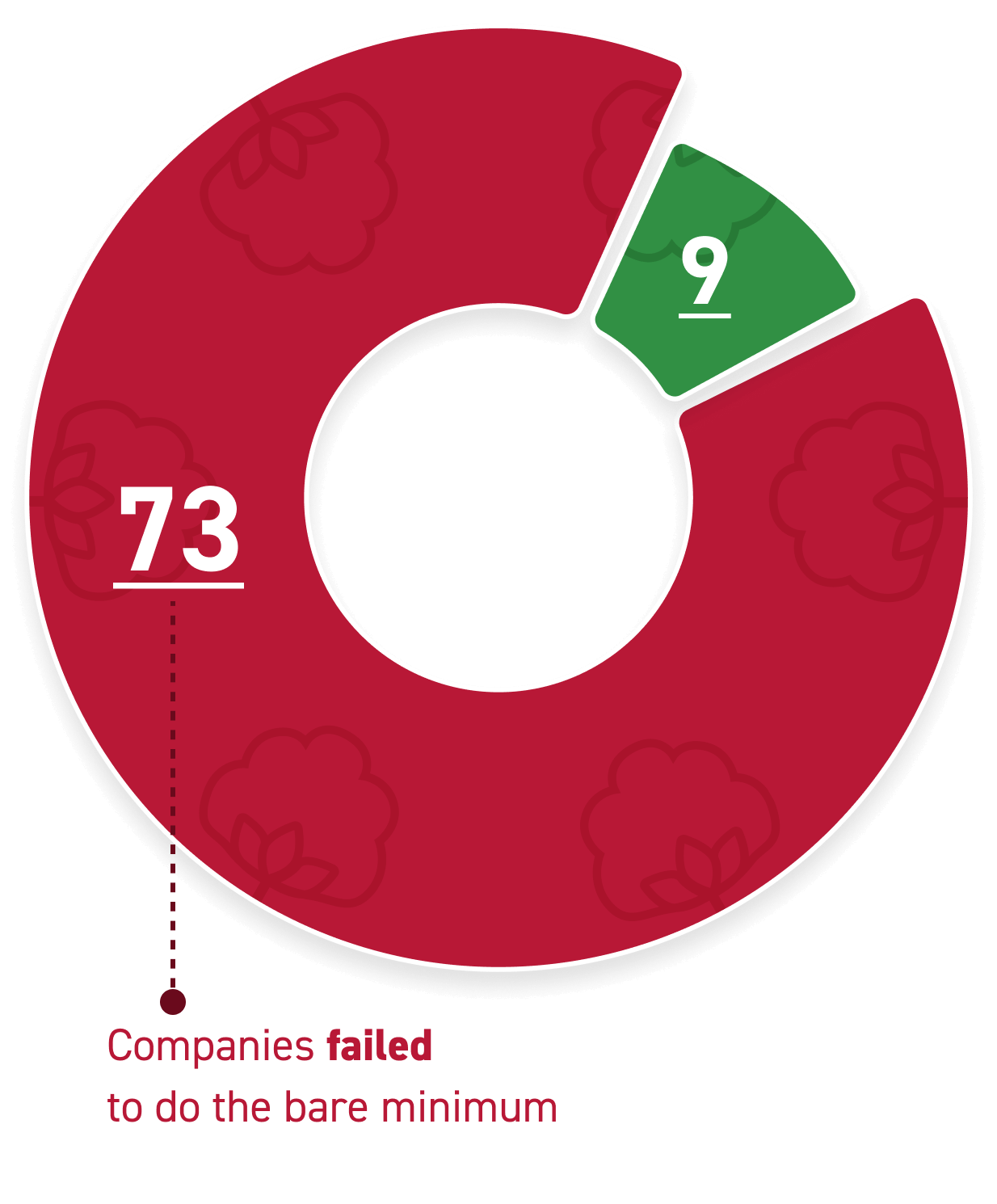The Sustainable Cotton Hub seeks to lay out the sustainability challenges in cotton production, looking at economic, social and environmental sustainability factors through a series of papers.
Our first paper in June 2023 was on Corporate Responsibility in the cotton sector. The Cotton and Climate Paper was published on 23 November 2023. More Papers on inequality and biodiversity are planned in 2024.
The Papers are accompanied by concrete recommendations for the various actors across the cotton value chain, offering realistic ways forward to make a real change.



